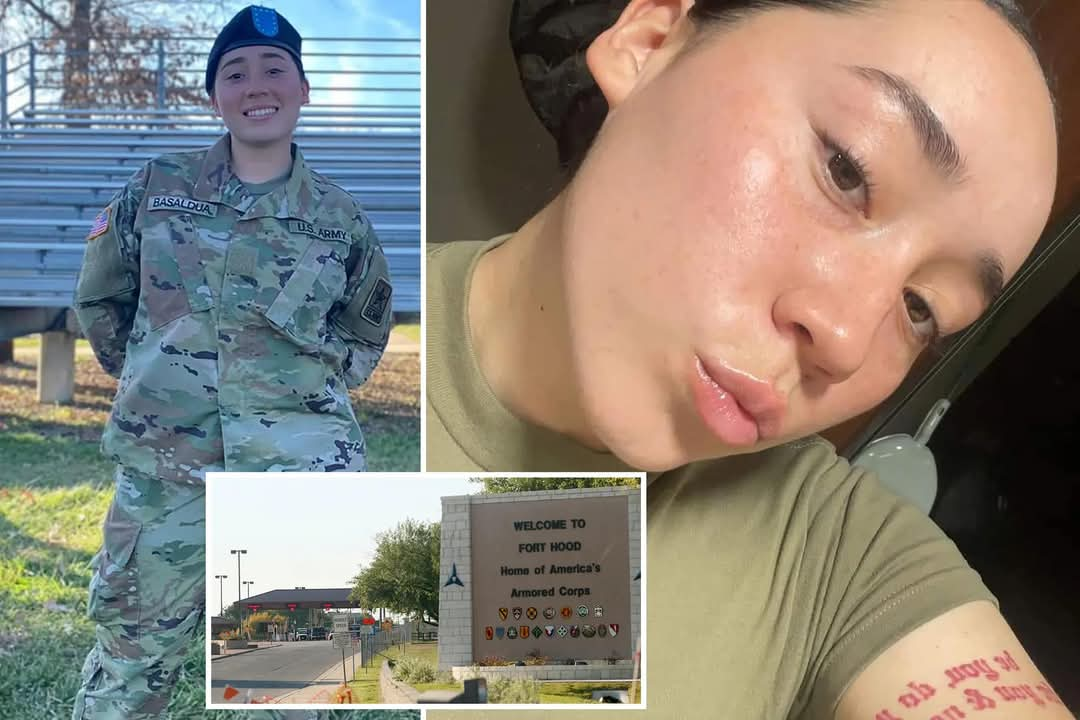Ana Basaldua Ruiz, Fort Hood soldier found dead after suicide following sexual harassment at military zone
Ana Basaldua Ruiz, a Fort Hood soldier found dead. Ana Basaldua Ruiz’s death raises new concerns about sexual harassment and military accountability. Another tragedy has rocked Fort Hood (now known as Fort Cavazos), Texas, as 20-year-old U.S. Army combat engineer Ana Fernanda Basaldua Ruiz was found dead in March 2023. Her death comes with haunting similarities to previous high-profile cases, particularly that of Vanessa Guillén, and has once again drawn national attention to the culture of sexual harassment and lack of accountability within the military.
Who Was Ana Basaldua Ruiz?
Ana Basaldua Ruiz was a bright and driven young soldier who joined the U.S. Army in August 2021. Originally from Michoacán, Mexico, she later lived in Long Beach, California, before committing to military service. Ana was assigned to the 1st Cavalry Division at Fort Hood, where she had served for over a year. Her family describes her as a vibrant, kind-hearted woman who had aspirations of bettering her life and serving her country. Instead, her promising future was cut short in a tragedy that has left her loved ones searching for answers.
Ana Basaldua Ruiz cause of death
Ana was found dead in a maintenance bay on March 13, 2023. The Army’s initial investigation labeled her death as a suicide and claimed there was no foul play involved. However, her family and advocacy groups quickly challenged that narrative. Her mother, Alejandra Ruiz Zarco, publicly stated that Ana had confided in her just days before her death, revealing that she was being sexually harassed by fellow soldiers. “Everyone wants me to sleep with them,” Ana reportedly said to her mother. “But they are all disgusting.” These heartbreaking words have fueled growing suspicion that her death is part of a broader pattern of mistreatment of female service members.
A Pattern of Abuse at Fort Hood
Basaldua’s case is not an isolated incident. In 2020, the brutal murder of Specialist Vanessa Guillén—another Latina soldier who also reported being sexually harassed at Fort Hood—led to nationwide protests, an independent investigation, and sweeping promises of reform. Yet, nearly three years later, Ana’s death suggests that little has changed. Reports indicate that Ana was involved in an “inappropriate relationship” with a superior and had been physically assaulted by another soldier months before her death. According to some accounts, the superior involved in the inappropriate relationship was promoted while Ana was moved to a different unit.
The public outcry has been swift and strong. Civil rights groups, such as the League of United Latin American Citizens (LULAC), have demanded an independent investigation. Many believe that the U.S. Army is once again attempting to downplay the severity of the situation. Politicians and advocacy groups are calling on federal authorities, including the FBI, to intervene and ensure that Ana’s case is thoroughly and impartially investigated. They argue that the Army cannot be trusted to investigate itself, given its history of handling sexual harassment cases behind closed doors.
Senators have also pressed Fort Hood leadership for full transparency and accountability, emphasizing that the culture of impunity must end. Ana Basaldua Ruiz’s tragic death has reignited national conversations about the treatment of women—especially Latina women—in the armed forces. Despite promises of change following the Guillén investigation, the same systemic issues seem to persist: sexual harassment, lack of support, inadequate reporting systems, and retaliation against those who speak out.
The military must take immediate, meaningful steps to reform its culture. This includes establishing truly independent reporting systems for harassment, enforcing strict accountability for perpetrators, and ensuring the protection and mental health of its personnel. Ana Basaldua Ruiz joined the Army with dreams of serving her country and building a better life. Instead, she became another victim in a deeply flawed system that continues to fail its female soldiers. Her death is not just a tragedy—it’s a wake-up call. Fort Hood’s troubled legacy cannot be ignored any longer.
Until real change is made, the military will continue to lose the trust of the very people who pledge to protect it. If you or someone you know is experiencing thoughts of self-harm or struggling with harassment, contact the 988 Suicide & Crisis Lifeline by calling or texting 988. Help is available.






